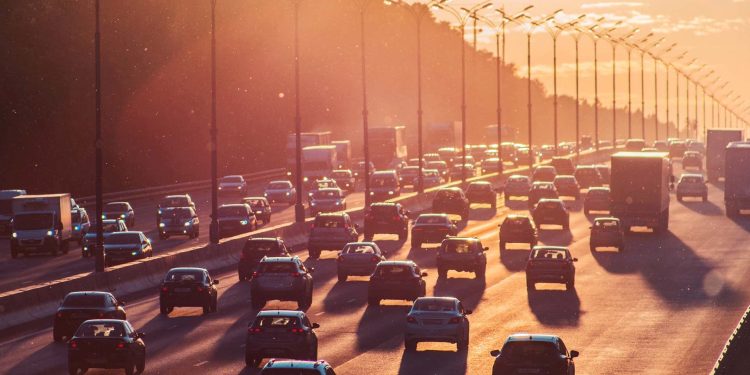EV Torque – the end of the ICE age?
Words: Mark Gilbert | Photo: Aleksandr Popov via Unsplash
In October, a deal was struck between the European Parliament and member states that seemed to seal the fate of cars running on petrol or diesel. By 2035, only zero-emission vehicles may be sold in the 27-country European Union.
The deal also includes a requirement for a 55 per cent cut in CO2 emissions for new cars sold from 2030 versus 2021 levels.
Most interpreted this as a ban on the internal combustion engine. However, some politicians in Germany had a different view. They argued that the EU ruling did not kill the ICE-powered vehicle but safeguarded it, providing it could run on climate-neutral e-fuels.
The European Commission will review progress towards the zero-emissions vehicle goal in 2026, and take into account the development of plug-in hybrid vehicles and e-fuels. It seems that the Germans were playing politics for a domestic audience. Many European automakers are on board with a fully electric future. Volkswagen has said it will only produce electric vehicles in Europe from 2033.
The European car industry association (ACEA) President and CEO of the BMW Group, Oliver Zipse, is more circumspect, saying “Make no mistake, the European automotive industry is up to the challenge of providing these zero-emission vehicles. However, we are now keen to see the framework conditions which are essential to meet this target reflected in EU policies. These include an abundance of renewable energy, a seamless private and public charging infrastructure network, and access to raw materials.”
While Zipse has made the case that the EU is the first ‘region’ to commit to electric vehicles, they’re not really alone. The US direction from Ford and GM seems to lead toward increased electrification and sooner rather than later. Korea is now a leading market for EVs with Hyundai and Kia in the vanguard. China’s direction is also pretty clear; consumers there are moving quickly toward electric, helped by government incentives.
Here in New Zealand, there is no firm plan to phase out fossil fuel vehicles. As a country, we have signed onto a global pledge to end the sale of new fossil fuel vehicles by 2040. There’s also been some debate about legislating an earlier phase-out date, between 2030 and 2035. However, the Emissions Reduction Plan released by the Government this year was silent on a date.
The European decision may provide further impetus to a ban here in New Zealand, although I sense this is something that the Labour Government would rather not deal with before next year’s general election.
The new car sector will no doubt be keen to advocate for a date from 2035, given New Zealand is a technology taker. That said, I think by the early 2030s a phase-out date will be somewhat moot; electric technology will have supplanted fossil fuels by then.
Japan’s automakers have been relatively slow on the shift to electric, which may have some implications for New Zealand, given the dominance of Japanese brands here. The big player here is Toyota and it will launch its first pure EV locally in 2023. It’s a slow start but we welcome it.
Electrifying transport here is going to make both economic and environmental sense. Boston Consulting Group has recently released its “Decarbonisation Roadmap for New Zealand’s Electricity Sector”. This shows that if we act decisively, New Zealand could achieve 98 per cent renewable electricity by 2030.
This will require ‘unprecedented’ levels of investment, some $NZ42b. However, if delivered through a much smarter and more flexible electricity system it has the potential to save $10b in net present value terms by 2050.
This act will not only decarbonise the economy but it is also an inflation-busting move for households. It will lead to flat or declining household electricity bills as people move away from burning fossil fuels and into electric and/or public transport.
So we should be grateful to the Europeans for pushing ahead. We’re takers of this EV technology and if we’re smart we can really use it to decarbonise our economy and save Kiwis money.





